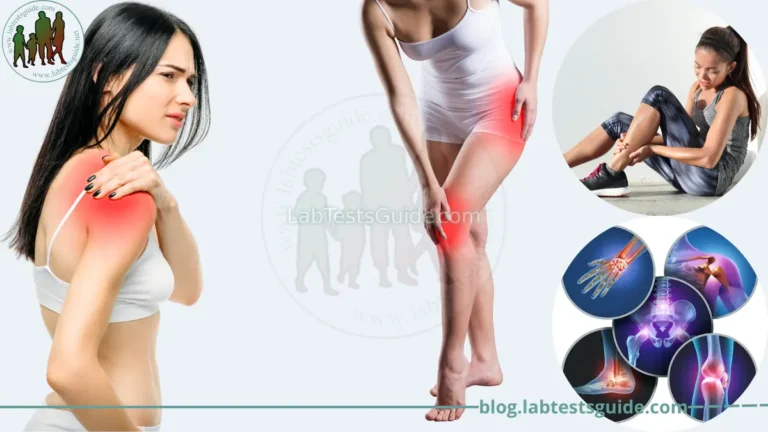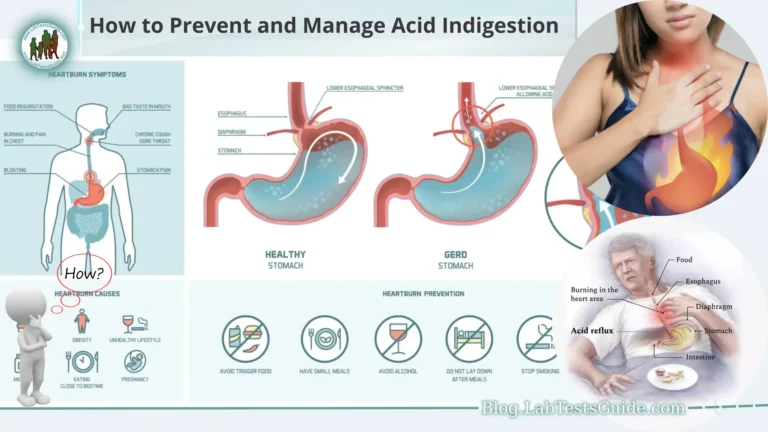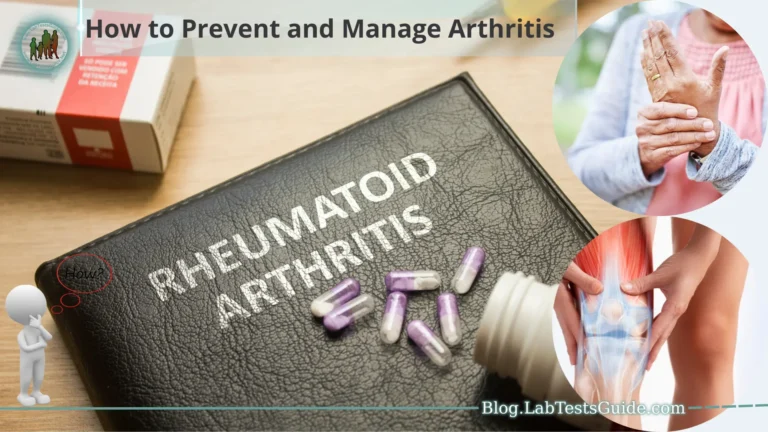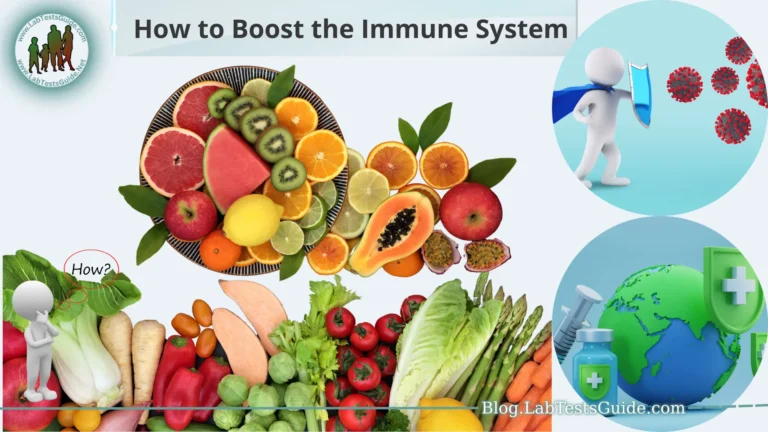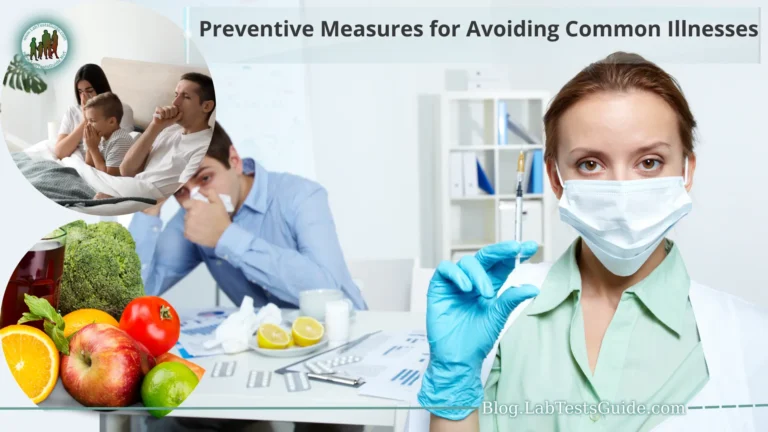Cancer is a complex and devastating disease that affects millions of people worldwide. It is characterized by the uncontrolled growth and spread of abnormal cells, which can invade surrounding tissues and organs, leading to life-threatening complications. While cancer can strike people of all ages and backgrounds, it becomes more prevalent with age and is a leading cause of death globally. The importance of early detection and understanding the signs and symptoms of cancer cannot be overstated, as prompt diagnosis and treatment significantly improve the chances of successful outcomes.

Explore common signs and symptoms of cancer to watch for, including unexplained weight loss, persistent fatigue, changes in skin moles, and more. Early detection can lead to better treatment outcomes.
What is Cancer?
- Cancer is a group of diseases characterized by the abnormal and uncontrolled growth of cells in the body.
- It starts when normal cells undergo genetic mutations that cause them to divide and multiply uncontrollably, forming a mass of abnormal cells known as a tumor.
- Tumors can be either benign (non-cancerous) or malignant (cancerous). Malignant tumors have the potential to invade nearby tissues and spread to other parts of the body through a process called metastasis.
- Cancer can occur in any part of the body, and the type of cancer is named based on the organ or tissue where it originates. Examples include breast cancer, lung cancer, prostate cancer, etc.
- The exact causes of cancer are often complex and can involve a combination of genetic, environmental, and lifestyle factors.
- Common risk factors for cancer include smoking, excessive alcohol consumption, unhealthy diet, lack of physical activity, exposure to carcinogens (cancer-causing substances), family history of cancer, and certain infections.
- Symptoms of cancer can vary widely depending on the type and stage of the disease, but some common signs include unexplained weight loss, persistent pain, fatigue, changes in the skin, and abnormal bleeding.
- Early detection through regular screenings and medical check-ups can significantly improve the chances of successful treatment and recovery.
- Cancer is a major global health concern and a leading cause of death worldwide. However, advancements in research and medical technology continue to improve cancer treatment and patient outcomes.
- Treatment options for cancer may include surgery, radiation therapy, chemotherapy, immunotherapy, targeted therapy, and hormone therapy, among others. The choice of treatment depends on the type and stage of cancer and the individual’s overall health.
How to Lower Your Cancer Risk:
Here’s a comprehensive guide on how to lower your cancer risk.
Quit Smoking and Avoid Secondhand Smoke:
- Smoking is the leading cause of many types of cancer, including lung, throat, and bladder cancer. Quitting smoking is the most effective way to reduce your risk.
- Avoid exposure to secondhand smoke, as it can also increase cancer risk.
Maintain a Healthy Diet:
- Eat a balanced diet rich in fruits, vegetables, whole grains, and lean proteins.
- Limit consumption of processed and red meats, sugary foods, and high-calorie snacks.
- Stay hydrated and avoid excessive alcohol consumption, as it can increase the risk of certain cancers.
Engage in Regular Physical Activity:
- Aim for at least 150 minutes of moderate-intensity or 75 minutes of vigorous-intensity exercise per week.
- Regular physical activity can help maintain a healthy weight and reduce cancer risk, especially for breast and colon cancer.
- Achieve and Maintain a Healthy Weight: Obesity is linked to an increased risk of several cancers, so strive to maintain a healthy weight through diet and exercise.
- Protect Your Skin from Sun Exposure: Use sunscreen with a high SPF, wear protective clothing, and avoid prolonged exposure to the sun, especially during peak hours (10 am to 4 pm).
- Get Vaccinated: Vaccines can protect against certain cancer-causing infections, such as the human papillomavirus (HPV) and hepatitis B virus (HBV).
- Screen Regularly for Cancer: Participate in age-appropriate cancer screening programs, such as mammograms for breast cancer, Pap tests for cervical cancer, and colonoscopies for colorectal cancer.
Be Cautious with Environmental Exposures:
- Limit exposure to environmental carcinogens, such as asbestos, radon, and harmful chemicals.
- Follow safety guidelines at home and work to minimize exposure to hazardous substances.
- Breastfeed (For Women): If possible, breastfeed your baby, as it may reduce the risk of breast and ovarian cancer.
- Seek Regular Medical Check-ups: Visit your healthcare provider regularly for routine check-ups and discuss any health concerns or family history of cancer.
General Signs and Symptoms of Cancer:
Here are some general signs and symptoms of cancer.
- Unexplained Weight Loss: If you unintentionally lose a significant amount of weight without changes in diet or physical activity, it could be a sign of an underlying health issue, including cancer.
- Fatigue and Weakness: Persistent fatigue and weakness that don’t improve with rest might be indicative of cancer, especially in the later stages of the disease.
- Persistent Pain: Unexplained and ongoing pain that doesn’t go away, such as headaches, back pain, or abdominal pain, may be a symptom of cancer.
- Changes in the Skin: New or changing skin moles, sores that don’t heal, or changes in the color, size, or texture of the skin can be signs of skin cancer.
- Persistent Cough or Hoarseness: A chronic cough or hoarseness that lasts for several weeks could be a symptom of lung or throat cancer.
- Difficulty Swallowing: Difficulty swallowing or persistent discomfort while eating might indicate cancer of the esophagus or other digestive organs.
- Changes in Bowel or Bladder Habits: Changes in bowel movements or bladder function, such as blood in the stool or urine, can be signs of colorectal, bladder, or prostate cancer.
- Persistent Indigestion or Heartburn: Chronic indigestion or heartburn that doesn’t respond to usual treatments might be linked to stomach or esophageal cancer.
- Unexplained Bleeding: Any unexplained bleeding, such as rectal bleeding, blood in the urine, or abnormal vaginal bleeding, should be promptly evaluated.
- Swelling or Lumps in the Body: The appearance of lumps or swelling in the breasts, testicles, lymph nodes, or other parts of the body could be a sign of cancer.
Specific Signs and Symptoms Based on Cancer Types:
Here are some examples of specific signs and symptoms based on various cancer types.
Breast Cancer:
- A lump or thickening in the breast or underarm area.
- Changes in breast size, shape, or appearance.
- Nipple changes, such as inversion, redness, or discharge.
Lung Cancer:
- Persistent cough or hoarseness.
- Shortness of breath or wheezing.
- Chest pain that worsens with deep breathing or coughing.
Prostate Cancer:
- Difficulty urinating or frequent urination, especially at night.
- Weak or interrupted urine flow.
- Blood in the urine or semen.
Colorectal Cancer:
- Changes in bowel habits, including diarrhea or constipation.
- Blood in the stool.
- Abdominal pain or cramps.
Skin Cancer (Melanoma):
- A new or changing mole, spot, or patch on the skin.
- Irregular borders or uneven coloring in a mole.
- Itching, tenderness, or pain in a skin lesion.
Ovarian Cancer:
- Abdominal bloating or swelling.
- Pelvic or abdominal pain.
- Feeling full quickly while eating.
Pancreatic Cancer:
- Upper abdominal pain or discomfort that radiates to the back.
- Unintended weight loss.
- Jaundice (yellowing of the skin and eyes).
Leukemia:
- Fatigue and weakness.
- Frequent infections or fever.
- Easy bruising or bleeding.
Lymphoma:
- Enlarged lymph nodes in the neck, armpits, or groin.
- Fever, night sweats, and unexplained weight loss.
- Fatigue and weakness.
Brain Tumors:
- Headaches that worsen over time.
- Seizures or convulsions.
- Changes in vision, speech, or motor skills.
Less Common Signs and Symptoms:
Here are some less common signs and symptoms of cancer.
- Difficulty Swallowing: Also known as dysphagia, it can be a symptom of cancers affecting the esophagus, throat, or stomach.
- Changes in Bowel or Bladder Habits: Unexplained changes in bowel movements, such as narrower stools or increased frequency, could be related to colorectal or other abdominal cancers.
- Persistent Indigestion or Heartburn: Chronic indigestion or heartburn that doesn’t respond to usual treatments might be linked to stomach or esophageal cancer.
- Unexplained Pain: Persistent pain in an area that cannot be attributed to any injury or medical condition should be evaluated by a healthcare professional.
- Persistent Headaches: Frequent or severe headaches may indicate brain tumors, especially when accompanied by other neurological symptoms.
- Unexplained Bone Pain: Pain in bones, joints, or back without any apparent cause may be a sign of bone cancer or metastases from other primary cancers.
- Unexplained Anemia: Anemia that does not improve with iron supplements or dietary changes might be associated with certain cancers.
- Changes in Lymph Nodes: Enlarged or swollen lymph nodes that persist for an extended period could be related to cancer or other medical conditions.
- Persistent Skin Changes: Unexplained changes in the skin, such as discoloration, itching, or non-healing sores, may be signs of skin cancer or other skin-related malignancies.
- Unexplained Fatigue: Severe or prolonged fatigue that is not relieved by rest could be related to various cancers.
When to See a Doctor:
Here are some general guidelines on when to seek medical attention.
- Persistent or Worsening Symptoms: If you experience persistent or worsening symptoms, such as unexplained weight loss, persistent pain, changes in bowel or bladder habits, or unusual lumps or swelling, it’s important to see a doctor for evaluation.
- Unexplained Bleeding: If you notice unexplained bleeding, such as blood in your stool, urine, or coughing up blood, it’s crucial to seek immediate medical attention.
- Suspicious Skin Changes: If you notice any changes in your skin, such as new or changing moles, or non-healing sores, consult a dermatologist or healthcare provider for evaluation.
- Family History of Cancer: If you have a family history of certain cancers, especially those associated with genetic mutations, consider discussing this with a healthcare professional to assess your risk and determine if any screening or genetic testing is necessary.
- Age-Appropriate Screenings: Participate in age-appropriate cancer screenings, such as mammograms for breast cancer, Pap tests for cervical cancer, and colonoscopies for colorectal cancer, as recommended by your healthcare provider.
- Abnormal Test Results: If you receive abnormal test results, such as blood tests, imaging scans, or biopsies, follow up with your doctor for further evaluation and interpretation of the results.
- New or Unexplained Symptoms: If you experience new or unusual symptoms that persist for more than a few weeks and have no apparent cause, seek medical advice.
- Changes in General Health: If you notice significant changes in your overall health, energy levels, appetite, or general well-being without an obvious explanation, consider consulting a healthcare professional.
- Emotional or Psychological Changes: Cancer and other serious health issues can also impact mental health. If you experience persistent feelings of anxiety, depression, or overwhelming stress, seek help from a mental health professional.
- Regular Check-Ups: Don’t neglect regular check-ups with your primary care physician, as they can help detect and address potential health concerns before they become serious issues.
FAQs:
What is cancer?
Cancer is a group of diseases characterized by the uncontrolled growth and spread of abnormal cells in the body.
What causes cancer?
Cancer can be caused by a combination of genetic, environmental, and lifestyle factors. Exposure to carcinogens, family history, smoking, excessive alcohol consumption, and unhealthy diet are common risk factors.
What are the common signs and symptoms of cancer?
Common signs and symptoms of cancer include unexplained weight loss, persistent pain, fatigue, changes in the skin, persistent cough or hoarseness, and difficulty swallowing, among others.
How is cancer diagnosed?
Cancer diagnosis typically involves a combination of physical examination, imaging tests (e.g., X-rays, MRI, CT scans), laboratory tests, and biopsies to analyze tissue samples.
Can cancer be prevented?
While cancer prevention is not guaranteed, adopting a healthy lifestyle, avoiding tobacco and excessive alcohol, maintaining a healthy weight, and participating in regular screenings can significantly reduce the risk of cancer.
How is cancer treated?
Cancer treatment varies depending on the type and stage of the disease. Common treatment options include surgery, radiation therapy, chemotherapy, immunotherapy, targeted therapy, and hormone therapy.
What is the importance of early detection?
Early detection of cancer can lead to better treatment outcomes and improved chances of survival. Regular screenings and recognizing potential warning signs are crucial for early diagnosis.
How can I support a loved one with cancer?
Supporting a loved one with cancer involves offering emotional support, being a good listener, assisting with practical needs, and respecting their choices in treatment and care.
Can cancer be inherited?
Some cancers have a genetic component and can be inherited through gene mutations passed down from parents. Genetic testing and counseling can help assess the risk of inherited cancers.
Are all tumors cancerous?
No, tumors can be either benign (non-cancerous) or malignant (cancerous). Benign tumors do not spread to other parts of the body and are generally not life-threatening.
Conclusion:
In conclusion, cancer is a formidable and complex disease that continues to impact millions of lives worldwide. While its causes can be multifactorial, the importance of early detection and awareness of its signs and symptoms cannot be overstated. By adopting a healthy lifestyle, participating in regular screenings, and seeking timely medical attention for concerning symptoms, individuals can take proactive steps in reducing their cancer risk and improving treatment outcomes. Additionally, supporting cancer patients and their families with empathy, understanding, and access to support services plays a crucial role in their journey towards coping and healing. As advancements in research and medical technology continue, we must remain vigilant in our efforts to raise awareness, support research, and promote a collective commitment to fight against cancer, striving towards a world where prevention, early detection, and effective treatments become ever more accessible and successful.

